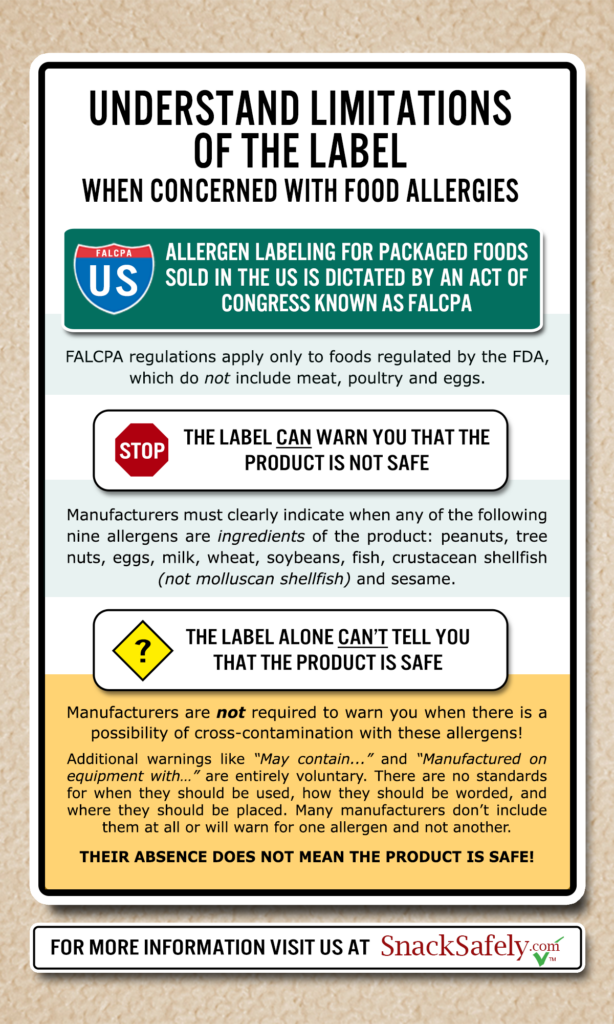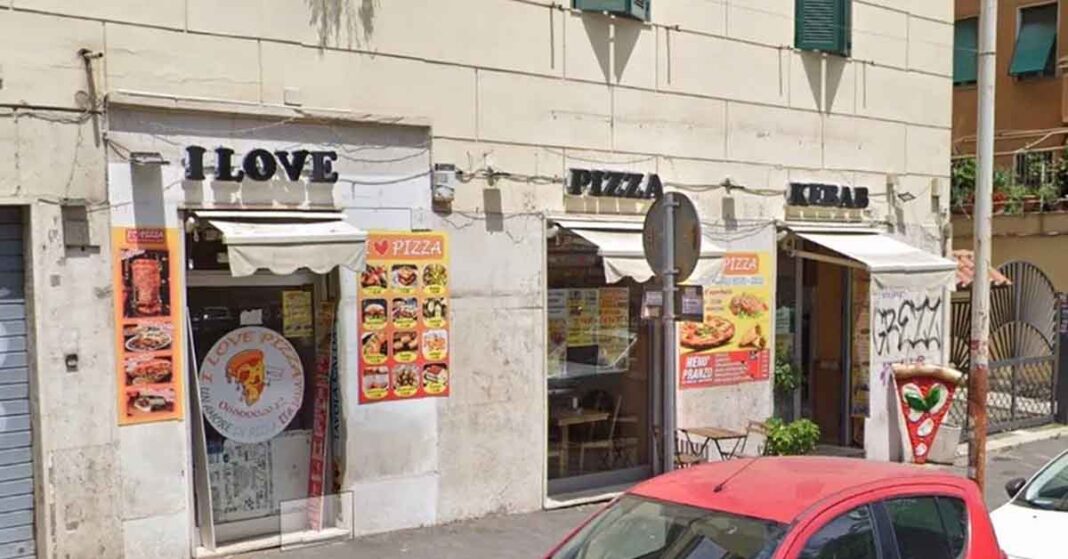Italian media identified a 14-year-old with a severe peanut allergy as Skylar, who was on a family vacation in Rome with her parents and two siblings. She had suffered severe reactions before and avoided eating anything that could contain peanuts. She was a diligent label reader, and her family was careful to inquire about the menus of restaurants they visited.
They arrived in the capitol last Thursday expecting to enjoy a week of museums, archeological sites, and shopping. But tragedy struck on their first night.
That evening, they stopped for a quick bite at the “I Love Pizza Kabob” restaurant near their hotel where they had pizza, drinks and dessert before returning to the hotel.
Upon entering the hotel room, Skylar began to feel the telltale signs of anaphylaxis: Her heart pounded and throat tightened, she developed difficulty breathing, her face flushed, and she began shaking while calling for help.
Her parents tried to calm her down while asking the hotel staff for assistance, who immediately called emergency services.
By the time paramedics arrived, Skylar was unconscious. They attempted to resuscitate her on the scene and transported her to a nearby hospital. Although the ambulance ride was a short one, she was pronounced dead upon arrival.
Upon receiving the news that his daughter had died, the father fell ill and was immediately treated at the same hospital for angina.
Police investigators questioned the parents, who said Skylar had eaten a few slices of pizza and a dessert, neither of which should have contained peanuts.
An autopsy determined the cause of death to be lethal anaphylactic shock. Health inspectors are determining whether the packaged dessert she consumed may have contained traces of peanuts that triggered the reaction.
Due to the Italian media’s respect for anonymity, we’re not sure of Skylar’s real name, but her death is yet another horrific blow to the food allergy community. We send our heartfelt condolences to the family who are experiencing every parent’s worst nightmare and wish them much strength and solace.
As we do when we report such tragedies, we look for strategies others in the community can employ to avoid similar circumstances.
There is no indication that Skylar carried or was administered epinephrine when anaphylaxis struck. Anaphylaxis is a severe, life-threatening reaction to a food, drug, insect venom, or environmental substance like latex. Epinephrine is the only drug that can halt and reverse the progression of anaphylaxis, but it must be administered quickly upon the onset of symptoms to offer the best outcome. Every person diagnosed with a food allergy should take two emergency epinephrine devices with them everywhere, every time.
We also don’t know if the paramedics on the scene were authorized, carried, and administered epinephrine to Skylar before transporting her to the hospital. We encourage you to determine whether emergency responders in your neighborhood — paramedics, police and firefighters — are trained and equipped to administer epinephrine in an anaphylactic emergency.
Be extra vigilant when dining out with a food allergy. Be sure to discuss your allergies with the management, and if you have any doubts they can accommodate you safely, leave. This is especially true when dining in a foreign country where language barriers may exist.
Be sure to read the labels of packaged goods to determine whether they contain your allergen of concern. Unfortunately, in the US and many other countries, the label may not reliably indicate whether the product is made on shared lines or facilities with your allergen and may contain traces. The only way to know for sure is to call the manufacturer.
Here is a graphic summarizing the limitations to allergen labeling in the US:

- Rome, 14-year-old tourist dies of anaphylactic shock: “Allergic to peanuts, that was the first dinner of the holiday” — Corriere Della Sera [Translated by Google]
- British girl, 14, with peanut allergy collapses and dies after family’s pizza dinner in Rome — Mirror





